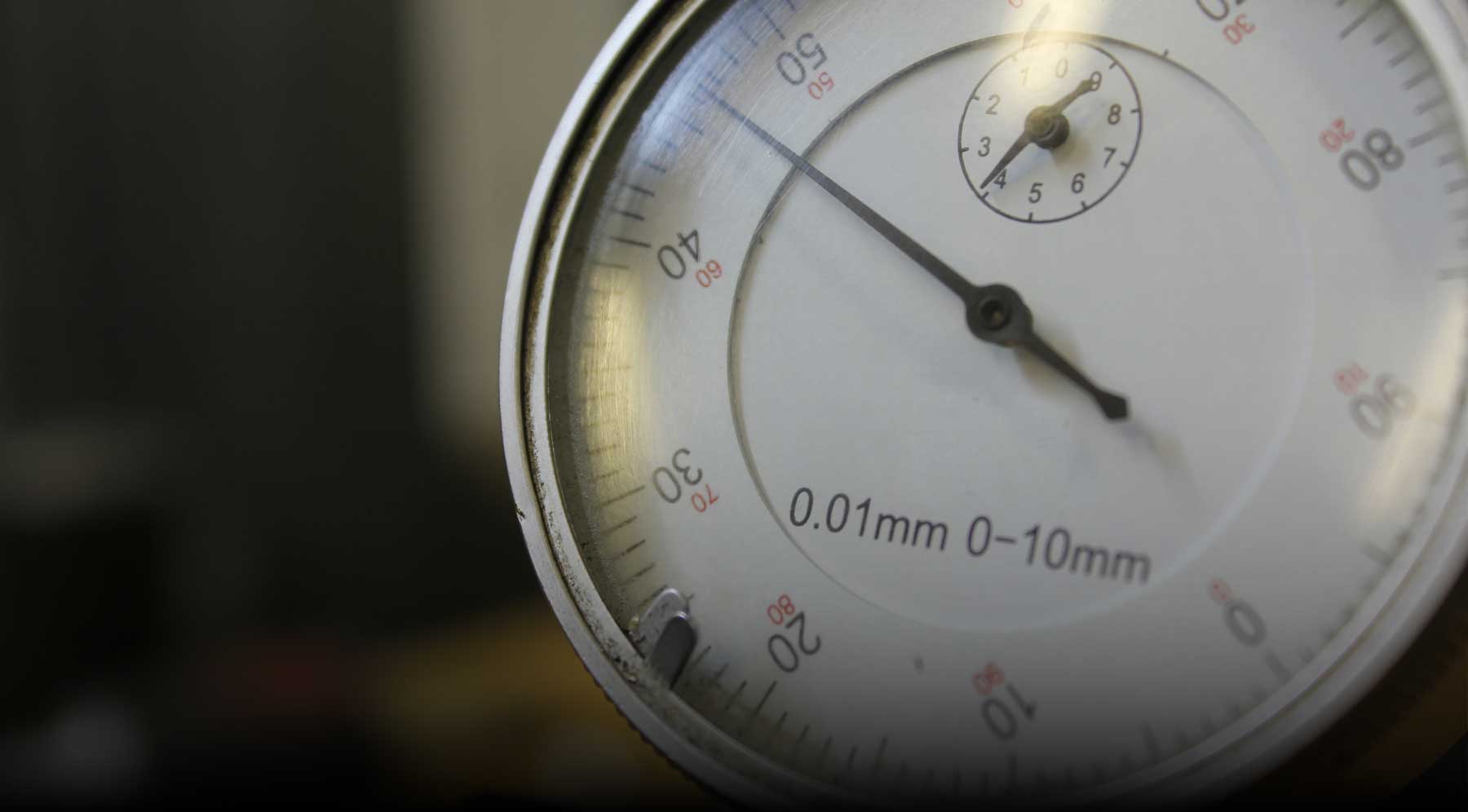5 Things to Consider When Buying a Dial Test Indicator


A dial test indicator is a measuring instrument used to measure small linear distances. Often used in manufacturing and quality control to measure tolerance levels, they can measure distances as small as one-thousandth of an inch.
There are many dial test indicators on the market, so how do you choose the right one for your needs? To help, we've written this resource to inform your choice. Here are a few things you want to consider when buying a dial test indicator.
1. Accuracy
Whether you’re monitoring or testing, accurate readings are crucial. If your dial gage is off, it can lead to incorrect readings. Regarding dial indicators, accuracy is the degree to which the indicator readings agree with the true value of the measured quantity. In other words, it’s the degree to which the indicator readings are free from error. Dial test indicators are available in a variety of accuracies, from 0.001" to 0.0005." The best way to avoid unnecessary stress and headache is to choose a dial test indicator that is both accurate and reliable.
2. Repeatability
When measuring something, you want to get the same result each time. If the indicator is not repeatable, it can give false readings, leading to incorrect measurements. Repeatability allows for accurate measurements. It ensures the indicator does not lose its zero point and that you get consistent readings. When you know you can rely on the readings, you can have confidence in your measurements.

3. Cost
Dial test indicators are sensitive tools that require precision manufacturing. Used in various industries, from automotive to aerospace, they must withstand wear and tear. The result is a highly accurate tool made with high-quality materials. This, combined with the fact that there’s a small market for them, contributes to their cost. The better the materials, the more accurate the readings will be. If you’re looking for the best possible results, be ready to pay more.
4. Sensitivity
If you need to measure slight variations in thickness, you’ll need a more sensitive indicator. Sensitivity is the smallest displacement detected by the indicator. This means they can pick up even the tiniest changes, and most can measure changes as small as 0.0001 inches. When choosing a dial test indicator, consider the material you’ll be measuring, the level of accuracy you need, and the amount of pressure you can apply. With these factors in mind, you can select the best dial test indicator for your needs.
5. Features
Some indicators include digital readouts, taper measurements, and built-in bar graph displays. Think about how you’ll use your indicator and what features are important to you.
- Should it be waterproof or magnetic?
- What’s the measurement range?
- Do you need a digital or analog readout?
- What size should you get?
- What’s the body finish?
Consider these factors, and you can narrow your search and choose the best indicator for your needs. Here at Master Gage & Tool Co., we know dial test indicators, so you can be confident you’re getting the best products available. Shop with us today and get the best results for your projects. Visit shop.mastergt.com.
